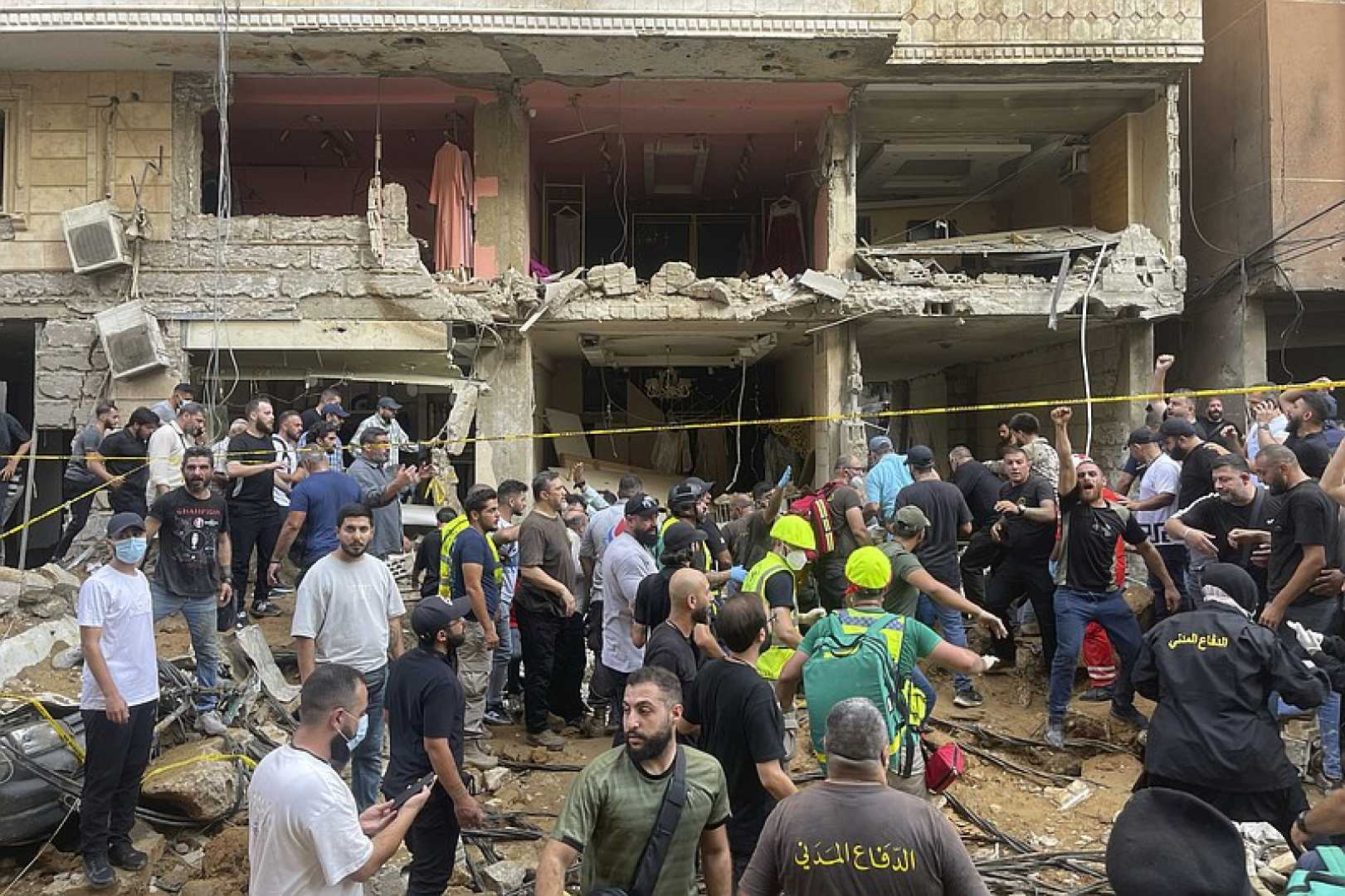News
Israeli Airstrike Kills Senior Hezbollah Commander in Beirut

On September 20, 2024, an Israeli airstrike targeted the Dahiyeh area in the southern suburbs of Beirut, resulting in the death of senior Hezbollah commander Ibrahim Aqil. Aqil, also known by the alias Tahsin, was head of Hezbollah’s elite Radwan Force, a unit at the forefront of the group’s cross-border conflicts with Israel.
The attack also claimed the lives of at least 14 people and left 66 others injured, according to Lebanon’s Ministry of Public Health. This strike marked the second incident in less than two months wherein Israel targeted a high-ranking Hezbollah military figure in Beirut. The previous strike in July led to the death of another top military commander of the group.
Aqil’s assassination represents a significant blow to Hezbollah, particularly following an unprecedented attack earlier this week that involved explosions of pagers and walkie-talkies used by its members, resulting in 37 deaths and thousands of injuries.
Hezbollah confirmed Aqil’s death hours after the Israeli military had announced his elimination. Lebanese Civil Defence forces were seen sifting through the rubble in search of survivors as footage captured the devastation—a landscape of grey rubble and dust enveloping the area.
Aqil had been a pivotal figure in Hezbollah since the 1980s, often operating from the shadows. He was tasked with overseeing attacks outside Lebanon, with close ties to Iran, as reported by the Israeli military. His involvement in the 1983 bombings of the U.S. Embassy and Marine Corps barracks in Beirut, which collectively killed over 300 people, has been documented by U.S. officials. The United States had previously placed a $7 million bounty on Aqil’s head for his role in these attacks and subsequent kidnappings of American and German nationals.
The recent Israeli strike highlights ongoing tensions and conflicts involving Hezbollah and underscores a long-standing pattern in the region of targeted military actions against perceived threats. The U.S. Department of State had long viewed Aqil as a significant figure within Hezbollah’s military hierarchy, given his responsibilities and involvement in orchestrating attacks against American interests.












